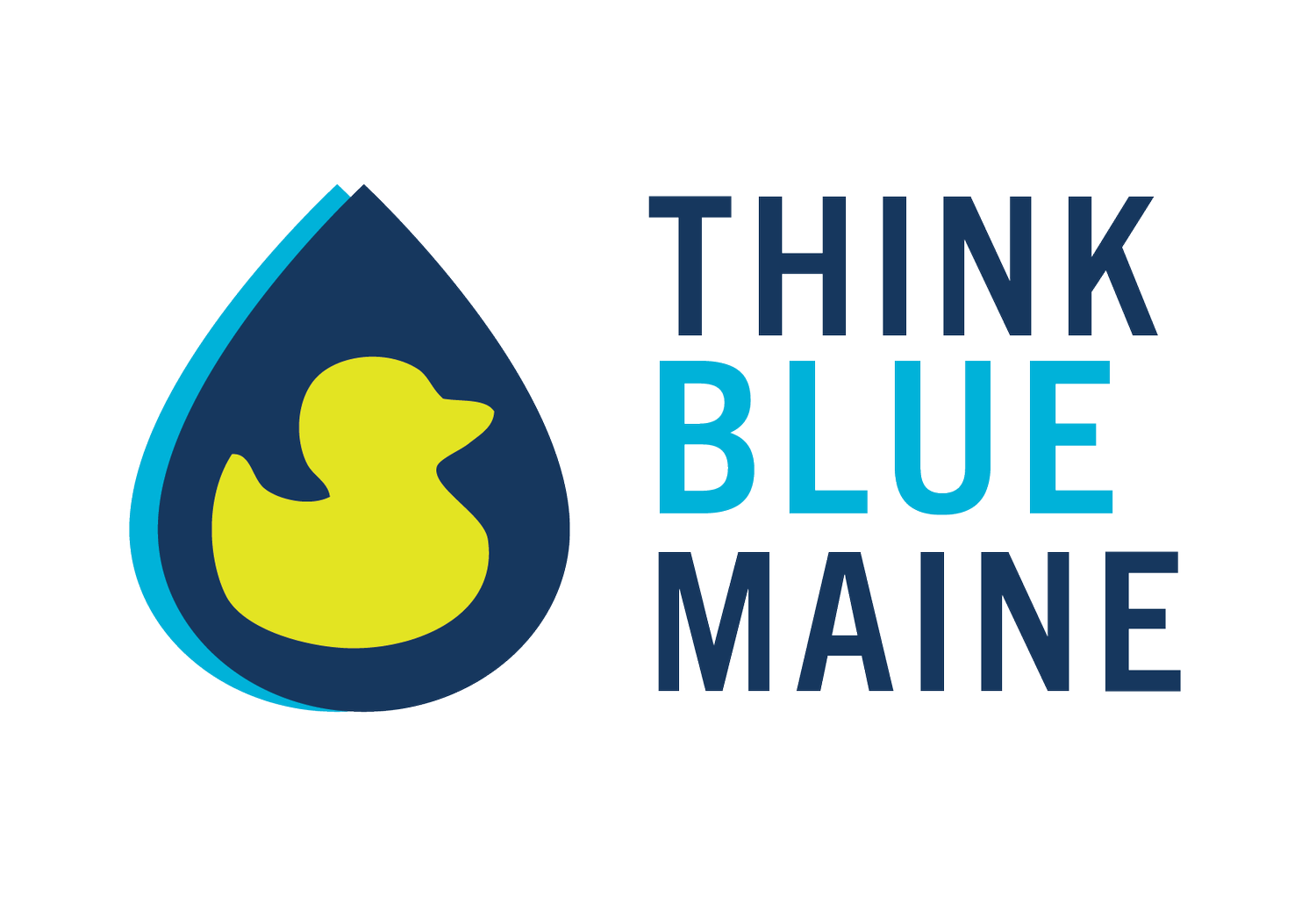Businesses Information
-
Dumpsters are important to maintain and keep closed when not in use. Closed dumpster lids prevent rain from entering the dumpster and mixing with the contents and becoming polluted. Dumpster plugs are another preventative measure to keep dumpster fluids from leaving the dumpster and flowing into storm drains.
Keep dumpster lids closed.
Keep dumper plugs in at all times.
Keep dumpsters on a hard and flat surface.
Reduce sources of waste and consider increasing recycling and composting services.
To reduce unauthorized dumping, install video surveillance, use “Video Recording in Progress” and “No Dumping” signage, and block off vehicle access to remote areas.
-
Road salt and deicers have a harmful impact on local water bodies when they melt and are carried into the storm drain. Reduce the use of salt and melting agents by applying them sparingly and storing them properly.
Buy the least toxic agents and follow proper applications rates based on current and predicted weather.
Pretreat with brine or wet product to help it stick to the pavement.
Remove snow by plowing, snow blowing, and shoveling instead of removing it with product.
Keep stored salt and sand covered.
Store plowed snow in low areas away from storm drains and waterways.
Sweep up excess sand and salt whenever pavement is clear of snow and ice to reuse as needed.
Ensure staff are properly trained, and consider including requirements for staff training in winter maintenance contracts.
Prioritize applications of chemicals in the most used areas, and consider not treating or closing less used areas in winter.
-
Fertilizers and pesticides can wash into storm drains and cause harm to local water bodies. Test your soil before applying any fertilizer and always read the label on the product before use. Irrigation is important but should also be done in moderation to avoid washing soil and pollutants into storm drains.
Apply fertilizer only if your soil test indicates a need.
Swap some of the lawn for pollinator gardens, groundcovers, and other forms of landscaping to create habitat and reduce maintenance costs.
Avoid lawn irrigation and use hearty local varieties of grass seed. If watering is necessary, do it only once per week.
Use rain barrels, collection pools, and other methods to reuse water from your site to irrigate efficiently, cost-effectively, and environmentally friendly.
Set mower height to 3” or greater and leave lawn clippings where they were cut for free fertilizer.
Avoid mowing grass in ditches, swales, and other vegetated conveyances any lower than 6”.
Never dump yard waste into wetlands, streams, or other water bodies.
-
Parking lots generate large amounts of stormwater runoff since the stormwater is not able to soak into the surface. Incorporating stormwater features to collect and infiltrate runoff into the ground helps prevent flooding of buildings, parking lots, and roads.
Create green infrastructure such as rain gardens and catch basins in low areas of parking lots.
Use permeable pavers in low traffic areas to let rain soak into the ground instead of creating runoff.
Sweep parking lots to remove grass clippings, leaves, soil litter, and other debris that could clog storm drains.
Repair any large pot holes or broken pavement and seal cracks.
Coal tar pavement sealing products are toxic and can cause harm to human health and the environment. Starting October 1, 2024 the use of coal tar sealants is prohibited by Maine State Law.
-
Proper Fats, Oils, and Grease (FOG) disposal is required of all restaurants and food vendors. FOG can easily clog pipes and cause sewer water to backup.
Never pour fats, oils, and grease down the drain or in storm drains.
Keep FOG storage areas sealed from rain, clean, and on a level, paved surface.
-
There’s no such thing as a “small spill”. If you have an oil or hazardous material spill, witness an oil or hazardous material spill, or if there is a threat of a spill of oil or hazardous materials, your first step should be to report the spill to Maine DEP. Response Services staff will be able to provide you with guidance about what to do next and, if necessary, will respond to the spill site to initiate/advise the clean-up and proper disposal of the spill. Procedures and requirements for reporting spills vary depending on the material spilled.
To Report Oil Spills call (24 hours) 1-800-482-0777
To Report Hazardous Material Spills call (24 hours) 1-800-452-4664
Five-year Recertification for Long-term Maintenance of Stormwater Management Systems
Each year, the DEP reviews more than one hundred land development projects and approves new stormwater treatment systems per the stormwater management rules (Chapter 500) (Word). A long-term inspection and maintenance plan is reviewed and approved for these systems to ensure their proper operation. Late 2005, Chapter 500 was revised to require the permittees perform a “check-up” on their stormwater systems and recertify that the systems are operating as approved every five years from the issuance date of their permit.
Every year, the DEP notifies permittees whose projects are up for recertification and educates the property owners, facilities managers, homeowners’ associations as they respond to the recertification inquiries.






